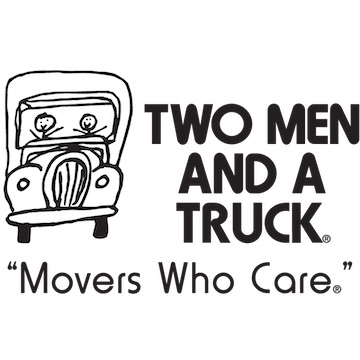Politics: Stuff cyclists should know

 What do we normally think about when we think about “politics”?
What do we normally think about when we think about “politics”?
Well, we might think about political campaigns, like the recent presidential campaign between Barack Obama and Mitt Romney with its, literally, billions of dollars of television advertising, 24-hours a day cable news coverage, daily polling and millions of phone calls to individual voters.
Or we might think of massive protest marches with hundreds of thousands of people piling into buses to travel to Washington DC to dramatize the justice of their cause to our national leaders.
Or we might think about some hugely controversial and partisan political fight about war, taxes, gun control or health care insurance.
What we probably don’t think about as much are the million and one other decisions that governments make. But politics is like an iceberg. The campaigns and cable news and occasional big issues are like the part of an iceberg that sits above water. Most of politics, like most of an iceberg, is “underwater”.
Look at a completely random bunch of mostly “underwater” bills from the Delaware General Assembly’s database of bills from last year:
House Bill #100: require background checks for contractors working in schools (defeated)
House Bill #101: change requirements of traffic impact studies (died in committee)
House Bill #103: relating to New Castle County Building Code (passed)
House Bill #104: change regulations regarding how Delaware courts deal with judgements involving foreign currencies (passed)
House Bill #105: allow nonprofits to sell a small amount of alcoholic beverages at events with an inexpensive, temporary license (passed)
Without doing any kind of deep investigative analysis of these randomly selected five bills – some passed, some not – last year, I don’t see any corruption in them. What I see is a bunch of issues that are either uncontroversial or of interest to only a small number of people or both.
Or take two other examples from last year: Senate Bill #120 and House Bill #410. These were the two bills passed by the Delaware General Assembly in 2012 that were of the most interest to cyclists. SB120 made it explicitly legal for cyclists to cycle in road shoulders and to cycle straight in right turn lanes. As far as I am aware, other than the coverage Bike Delaware gave this bill, it was never mentioned anywhere else in the media. It was, in that sense, “underwater”. It acted on a cycling-specific issue that was of interest to only a small number of people.
HB410, the capital budget of the state of Delaware, was of interest to a lot of people. And especially to cyclists. And it was controversial. But, even so, it too received only a very modest amount of very unsensational general media attention.
The fact that so much government business gets done with little or no attention by most citizens could be regarded, by an idealist, as an indictment of our democracy. Or it could simply be accepted by a realist as reflecting the very human reality that we all have a limited number of waking hours in a day. We simply can’t all be experts at everything. But whichever way you lean on the idealist/realist spectrum, the more urgent question is how do we make the iceberg of politics work for cycling? The answer to this question has three parts.
First, there’s no point in trying to advance cycling by political action at the very top of the iceberg. What do I mean? Any kind of anti-driving disincentive is an example. While there is room for pro-cycling political action, there is no political space at all for anything anti-driving. That just reflects the brute fact of our overwhelming automobile-dependence as a state. If we can’t maneuver deftly around that simple fact, we might as well give up now.
Second, while the political system has the capacity to act on a wide variety of issues, that capacity is still fundamentally limited. So we have to think carefully and strategically about our priorities and then come together to ask for action from government on only our very highest priorities.
Finally, we should be ambitious. Where is the iceberg water line? Completely uncontroversial action probably won’t ever grow cycling in Delaware. So how close can we get to the water line without, quite, crossing over? The answer to that is not obvious which is why Bike Delaware exists. It’s our job to connect the priorities of cyclists with the reality of what’s politically possible. And we have been effective at that in the last two years.
We believe we can make Delaware the most bicycle-friendly state in America. How? In a word, politics.

James Wilson is the executive director of Bike Delaware.
RELATED:
• Governor Markell Signs SB-120 Into Law
• Delaware General Assembly Votes $13.25 Million for Walking and Bicycling
• Reason #9: Because to be effective we have to be organized
• Reason #1: Because we can make Delaware the most bicycle-friendly state in America





